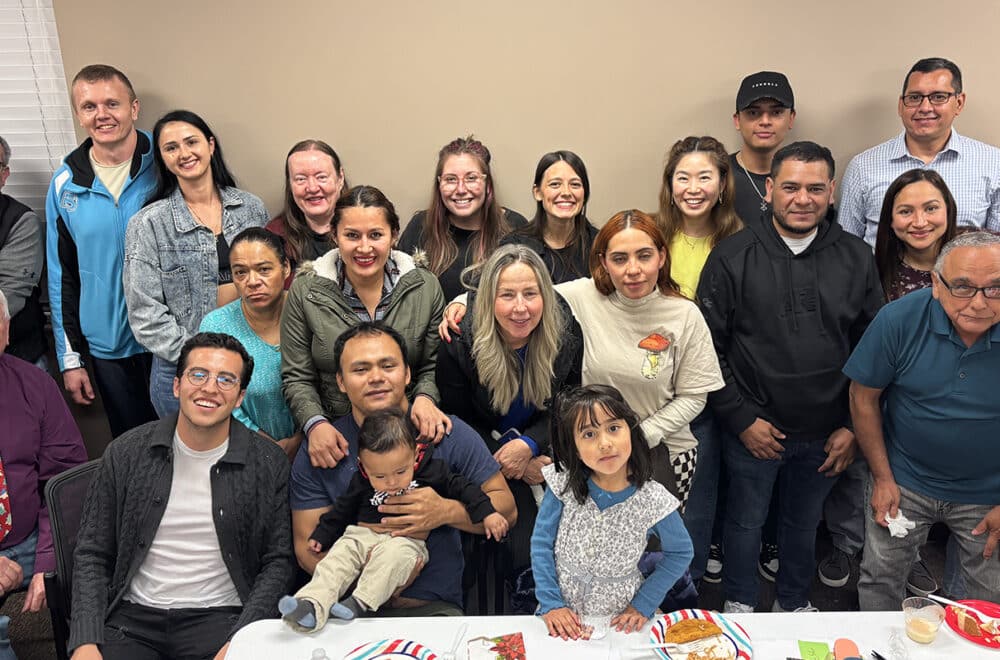What is really important to God? It’s a question that’s been asked before. There are two instances in the Gospels (in Matthew and Mark) that record very similar accounts of an expert in Mosaic Law posing this question to Jesus.
“Teacher, which is the greatest commandment in the Law?” Jesus replied: “‘Love the Lord your God with all your heart and with all your soul and with all your mind.’ This is the first and greatest commandment. And the second is like it: ‘Love your neighbor as yourself.’ All the Law and the Prophets hang on these two commandments” (Matthew 22: 35–40).
Jesus’ response quotes Deuteronomy 6:5, reminding the religious leaders of the day that loving God with everything we’ve got has always been the most important thing to God. His response also quotes Leviticus 19:18 to remind them that loving one’s neighbor is equally important. How important? “All the Law and the Prophets hang on these two commandments.”
There is, however, another account in the Gospel of Luke that sheds a bit more light on what this ‘loving of our neighbors’ looks like in real life. In this record, the legal expert asks a follow-up question, “But he wanted to justify himself, so he asked Jesus, ‘And who is my neighbor?’” (Luke 10:29).
Jesus responds with the well-known parable of the Good Samaritan. At the end of His parable, Jesus asks His own follow-up question: “‘Which of these three do you think was a neighbor to the man who fell into the hands of robbers?’ The expert in the law replied, ‘The one who had mercy on him.’ Jesus told him, ‘Go and do likewise’” (Luke 10:36,37).
The parable Jesus told put flesh and bones on the concept of loving your neighbor. It wasn’t just a lofty idea (the Pharisees had plenty of those). The kind of love God was after involved action—selfless action. The Samaritan in Jesus’ story didn’t have an ulterior motive. He didn’t help the injured traveler just so that he could share his philosophy with him.
He showed mercy or compassion because it was the right thing to do. His compassion was heartfelt and active. And he reached out to someone who probably made him uncomfortable. This Samaritan—who didn’t know the Law—was fulfilling the Law. He was being a neighbor.
Navigators frequently talk about “laboring next door to everywhere”—about reaching out to the people around them wherever they happen to be. What they’re trying to do is to be neighbors to those around them.
As you read the stories on the following pages of “neighboring Navigators” we hope you’ll be encouraged to reach out to the people around you as well. Sometimes our acts of compassion and kindness open a door for us to share the Good News of the Gospel. Sometimes they don’t. But what’s important to God is that we love Him with all our heart and with all our soul and with all our mind—and to love our neighbors as ourselves.
And who is your neighbor? The one to whom you can show compassion.




By commenting, you agree to our Code of Conduct.